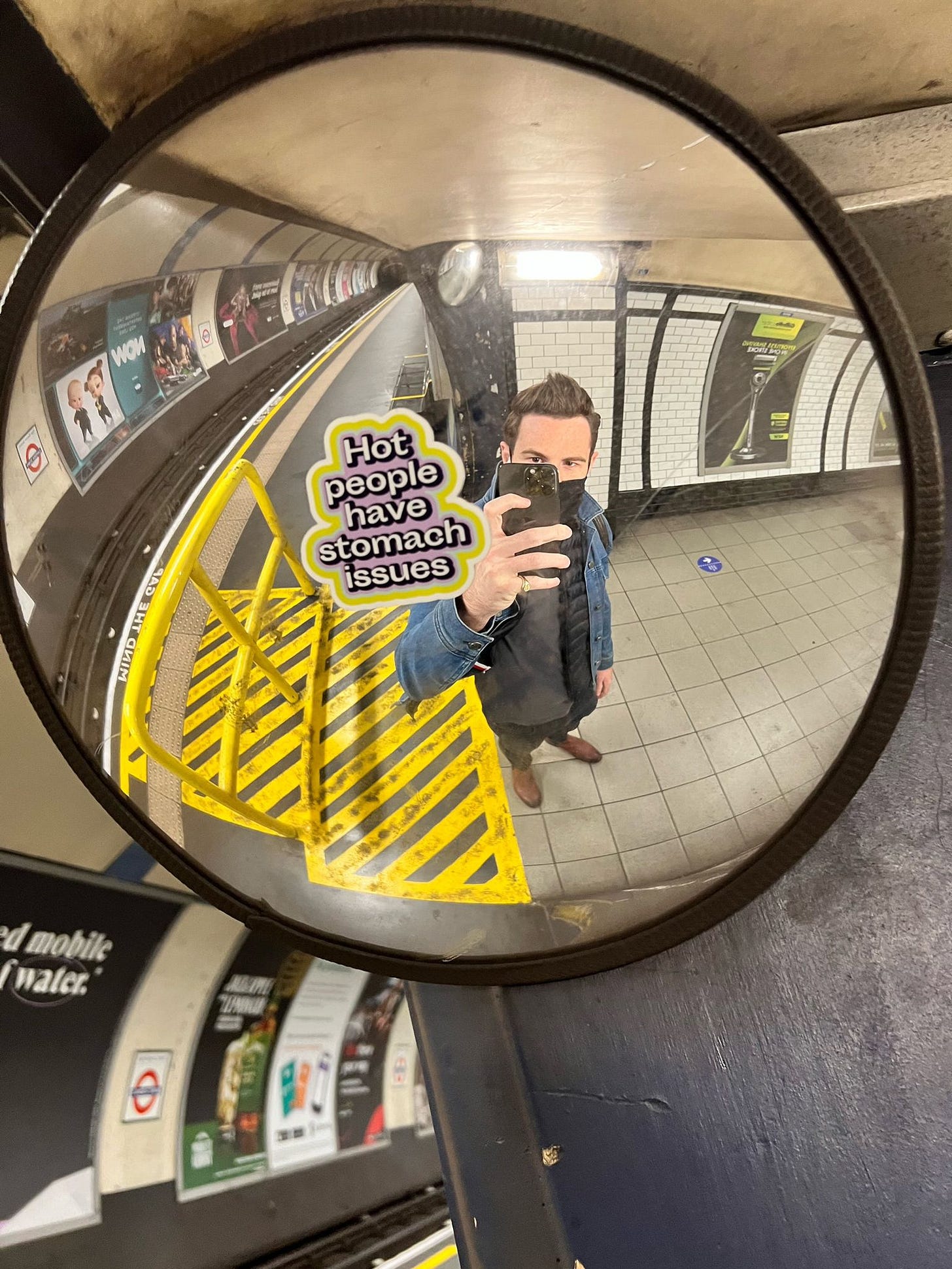The Wild Dose story: how to bootstrap in 2024
The playbook I'd borrow if starting a consumer brand in 2024
If I was going to start a consumer brand in 2024, then I'd borrow Charles Instone's Wild Dose playbook.
Charles Instone is the founder of Wild Dose, a natural supplement to get rid of bloating. Charles and I met on X a few years ago and I've been following his journey ever since. He very kindly gave me an hour of time to tell the story so far.
Wild Dose i…



